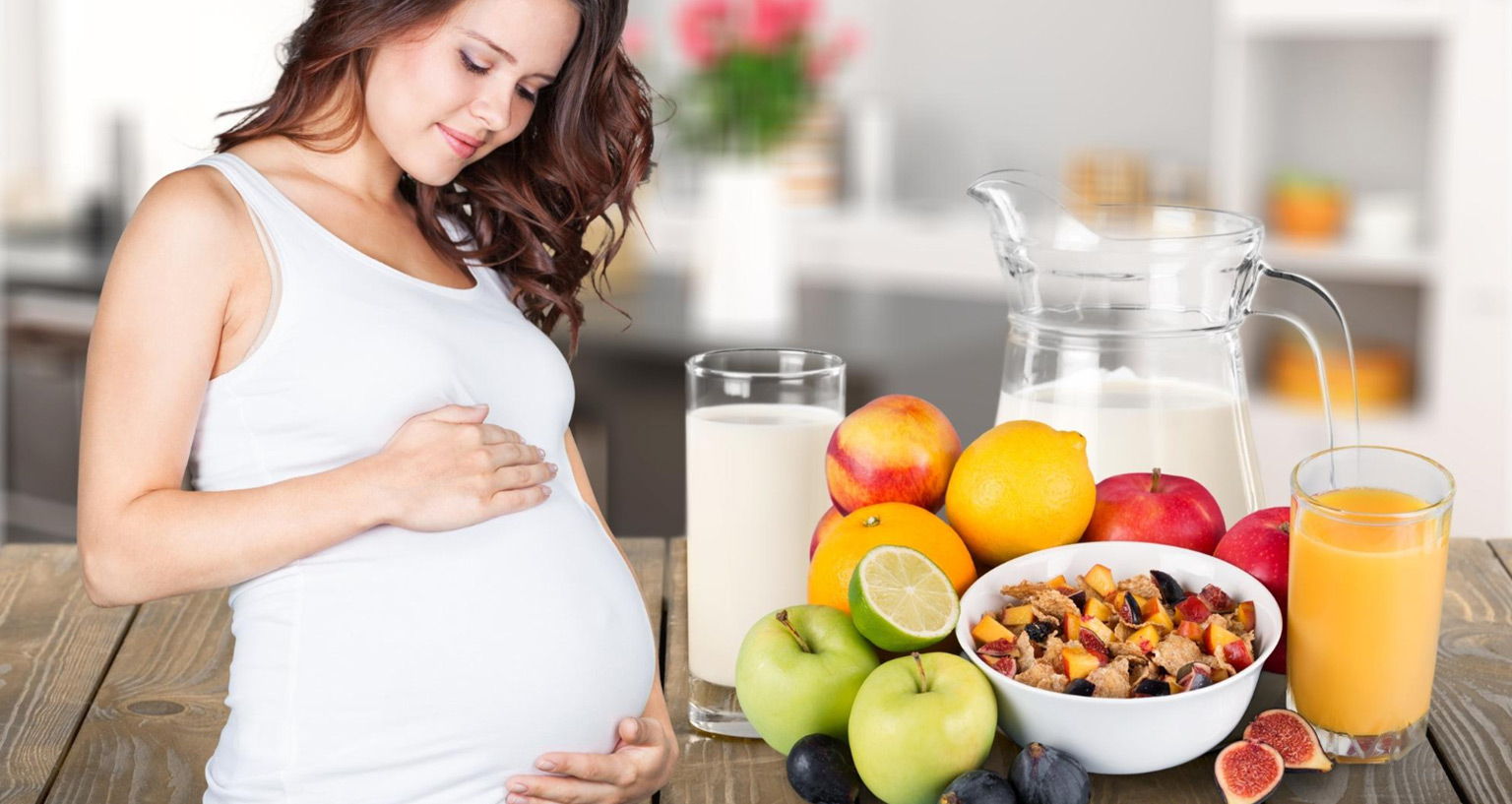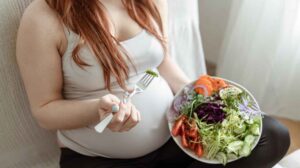Pregnancy is a transformative journey that requires a heightened awareness of nutrition. Among the many nutrients that become increasingly important during this time, iron plays a particularly vital role. It supports the development of the baby’s brain, muscles, and organs while ensuring that the mother’s body can cope with the increased blood volume required to sustain both her and her growing baby. Iron deficiency is common during pregnancy, making it essential to understand its importance and include iron-rich foods in the daily diet for a healthy pregnancy.
Why Iron Is Crucial During Pregnancy?
Iron is essential during pregnancy as it supports the production of hemoglobin, the protein in red blood cells that carries oxygen. A pregnant woman’s blood volume increases by about 50%, raising her iron needs significantly. Without enough iron, iron-deficiency anemia may occur, causing fatigue, dizziness, and increasing the risk of complications like preterm birth or low birth weight.
Pregnant women need around 27 mg of iron daily. While prenatal vitamins help, consuming iron-rich foods remains vital for meeting daily requirements and maintaining health.
Types of Iron: Heme and Non-Heme
Iron comes in two forms:
- Heme iron, which is found in animal-based foods like meat, poultry, and fish. It is more easily absorbed by the body.
- Non-heme iron, which is found in plant-based foods like beans, lentils, and leafy greens. While it is not absorbed as efficiently, consuming it with vitamin C-rich foods can enhance its absorption.
A well-rounded pregnancy diet includes both types of iron to ensure adequate intake.
Best Animal-Based Iron-Rich Foods for Pregnancy
1. Lean Red Meat
Beef and lamb are among the richest sources of heme iron. A small serving of lean beef can provide up to 2–3 mg of iron. Opt for well-cooked cuts that are low in fat, and try to include red meat in meals a few times a week.
2. Chicken and Turkey
Poultry is another excellent source of heme iron. Dark meat contains more iron than white meat, so choosing thighs or drumsticks over breasts can offer a greater nutritional benefit.
3. Liver (in Moderation)
Beef or chicken liver is extremely rich in iron, but it should be consumed in moderation during pregnancy due to its high vitamin A content, which can be harmful in large amounts. Always consult your doctor before adding liver to your diet.
4. Fish and Shellfish
Certain fish, like sardines, tuna, and salmon, provide a good amount of iron along with essential omega-3 fatty acids. Shellfish such as clams, oysters, and mussels are also high in iron. However, pregnant women should avoid raw or undercooked seafood to prevent the risk of foodborne illnesses.
Best Plant-Based Iron-Rich Foods for Pregnancy
1. Legumes
Lentils, chickpeas, black beans, kidney beans, and soybeans are excellent sources of non-heme iron. A cup of cooked lentils contains about 6.6 mg of iron. Adding legumes to soups, salads, and stews is an easy and nutritious way to boost iron intake.
2. Dark Leafy Greens
Spinach, kale, collard greens, and Swiss chard are packed with iron and also provide folate and calcium. While the iron in these greens is non-heme, pairing them with vitamin C sources like lemon juice, bell peppers, or oranges can enhance absorption.
3. Tofu and Tempeh
These soy-based products are not only high in iron but also offer a good source of protein and calcium. They are perfect for vegetarian and vegan moms-to-be looking to meet their nutritional needs.
4. Whole Grains and Fortified Cereals
Oats, quinoa, brown rice, and iron-fortified breakfast cereals can help contribute significantly to daily iron requirements. Look for cereals that offer 45–100% of your daily iron needs, and consume them with a glass of orange juice to improve absorption.
5. Nuts and Seeds
Pumpkin seeds, sunflower seeds, almonds, cashews, and walnuts are good plant-based sources of iron. They also provide healthy fats, protein, and fiber. Sprinkle them on yogurt, oatmeal, or salads for a tasty and nutritious crunch.
Tips to Maximize Iron Absorption
While eating iron-rich foods is crucial, how you eat them matters too. Here are some simple tips to help your body absorb more iron:
- Pair iron-rich foods with vitamin C: Vitamin C dramatically increases the absorption of non-heme iron. Combine spinach with strawberries, or beans with tomatoes or bell peppers.
- Avoid calcium supplements or dairy near iron-rich meals: Calcium can inhibit iron absorption, so try not to consume calcium-heavy foods or supplements within an hour of eating iron-rich meals.
- Cook in cast-iron cookware: Cooking acidic foods like tomato sauce in cast-iron pans can increase the iron content of your meals.
- Limit tea and coffee during meals: Tannins in tea and coffee can interfere with iron absorption. Drink these beverages between meals instead of with food.
Should You Take Iron Supplements?
Some pregnant women, especially those who are vegetarian, vegan, or anemic, may struggle to meet iron needs through diet alone. In such cases, doctors may recommend iron supplements. These should be taken under medical supervision, as excessive iron can cause discomfort or toxicity. Always follow your healthcare provider’s guidance.
Conclusion
Iron is an essential mineral for a healthy pregnancy, supporting both maternal well-being and fetal development. While supplements can help in some cases, the best way to maintain healthy iron levels is through a balanced, iron-rich diet that includes both animal and plant-based sources. By choosing a variety of nutrient-dense foods, paying attention to absorption tips, and consulting with your healthcare provider, you can help ensure a safe and healthy pregnancy for both you and your baby.





